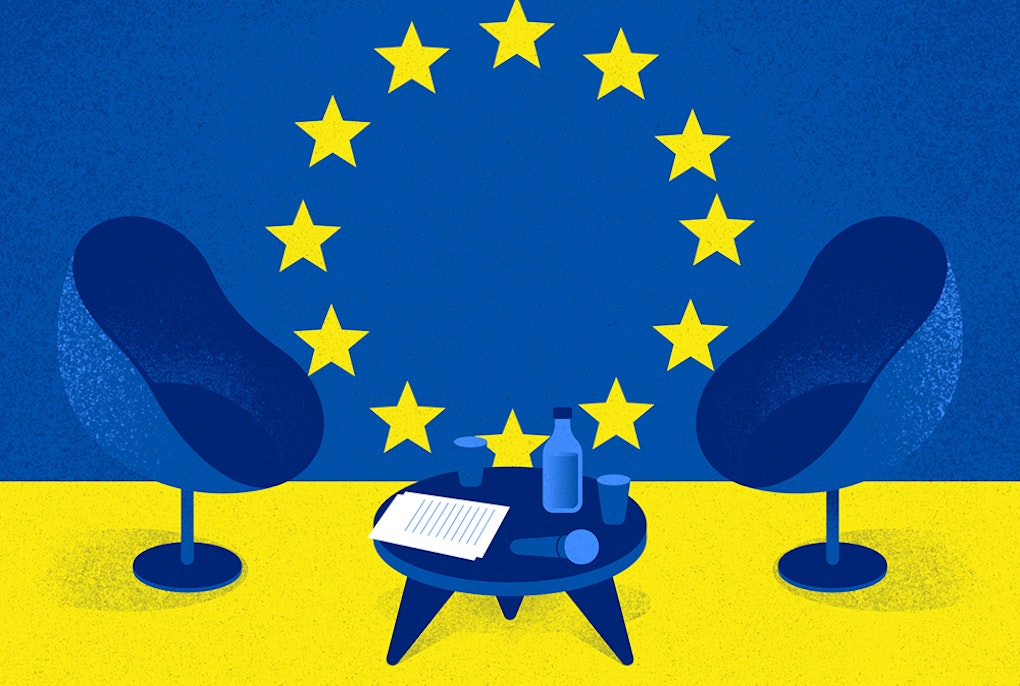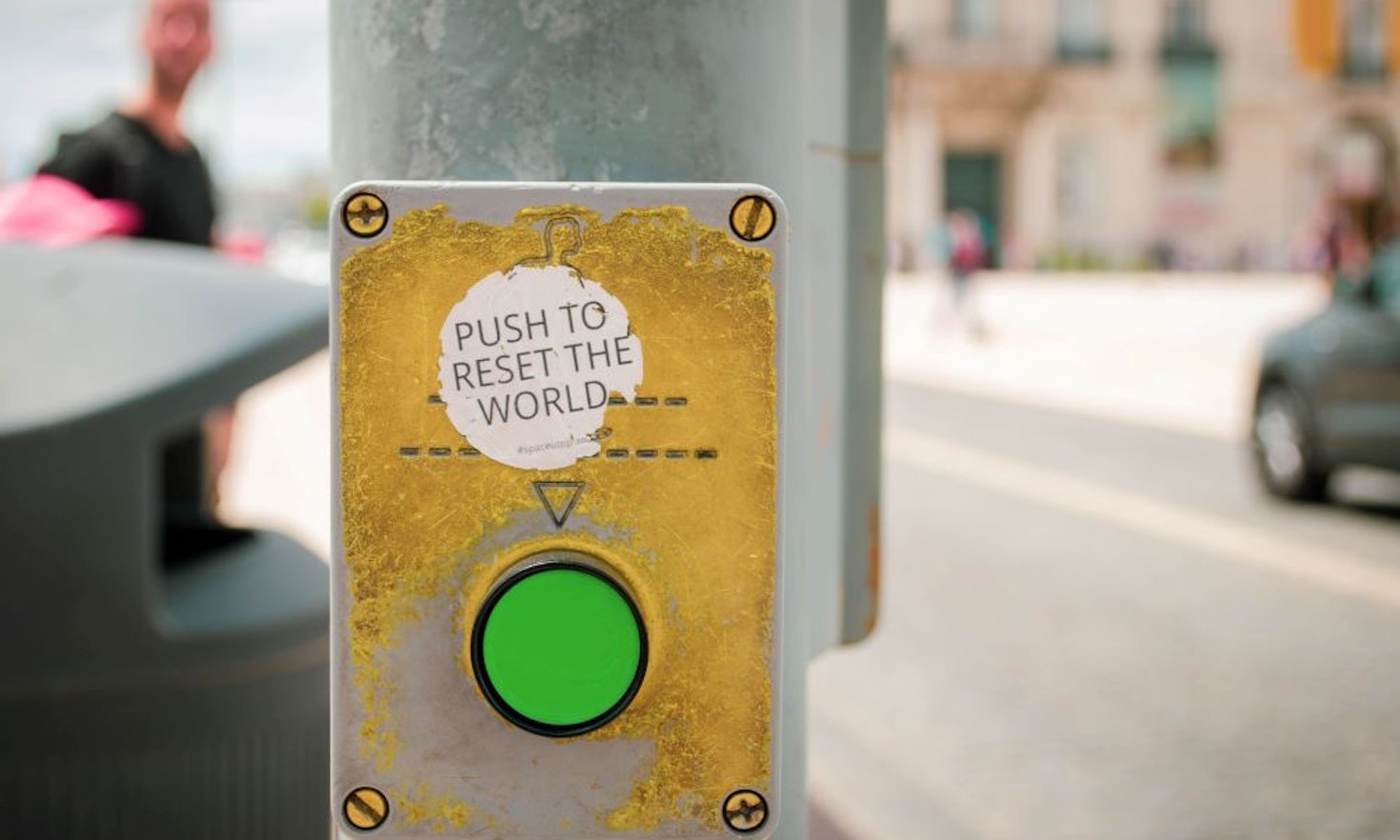
COVID-19: The polling station should be our first stop after the confinement

The Second World War was probably the largest crisis of the 20th century for many European countries. Populations were decimated, infrastructure was destroyed and economies collapsed, however, one of the immediate priorities following the war was to renew the political staff in charge of rebuilding these countries. Therefore, many European countries held elections shortly after May 1945: The United Kingdom in July, France in October, Austria and Bulgaria in November 1945. Hungary was even faster as it organised partial elections in November 1944 and in April and June 1945. The idea was that political leaders needed to be evaluated for their management of the country during the war and that, if they performed badly, new leaders would then have to be elected.
A crisis often leads to a radical change of the political elites. Leaders that were in charge before the crisis could be accused of poorly managing the country and need to step aside. New leaders can bring fresh ideas and alternative plans for raising countries and economies but they need to be in command. In an immediate post-crisis period, citizens have to be listened to. Citizens are directly responsible for promoting or demoting their own political representatives and thus, organising new elections undoubtedly appears as the best and most suitable tool. The period that will follow the Covid-19 crisis is no exception to this observation. The democratic solution is perhaps radical but very simple: the 27 member-states need to organise new European elections!
A call for early European elections
Since the first elections of the European Parliament in 1979, there have never been early elections. The early members of the EU have always voted every five years, but they have never experienced a crisis as large as the one we are experiencing today. And, if early elections have never occurred in European history, many off-year European elections have taken place: in 1981 (Greece), 1987 (Spain and Portugal), in 1995 (Sweden), in 1996 (Austria and Finland), in 2007 (Romania and Bulgaria) and in 2013 (Croatia). The European institutions showed flexibility in integrating these new countries in the course of the legislatures and these experiences could serve as the basis for a full renewal of the European assembly.
These new European elections would also provide the opportunity to elect the first post-Brexit parliament. This issue of the exit of the United Kingdom from the European Union dominated the 2019 election campaign. However, this concern vanished from the political agenda on 31 January 2020 and many new issues have since emerged. One should not need to be haruspex to guess that policy issues, such as health, economy, social security or even public order will be more salient in the next European elections. Electoral platforms and party manifestos drafted in 2019 are largely out-dated and new MEPs should be elected based on brand-new policy proposals and pledges.
The performance of the European Commission has to be evaluated
In some European countries, citizens have expressed their concern and discontent regarding how the Covid-19 crisis has been managed. In other countries, heads of state and government are more popular than ever. European elections might be the opportunity to reward governments, ministers and political parties that performed well during the crisis and to sanction others that did a poor job. In addition, as some countries delayed their elections and others will have soon to renew their political elites, it will be relevant to organise European elections simultaneously with national, regional or local ones.
Finally, elections are not only important to elect the next members of the European Parliament but also to – indirectly – send an important signal to the European Commission. Even if public health is not a European competence per se, the EU Commission has been directly responsible for the lack of a common and coordinated reaction to confront the pandemic and, it will be at wheel of the upcoming economic recession. All European citizens should be given this unique opportunity to express their satisfaction or discontent with the policies and actions taken by the von der Leyen Commission during this major and unprecedented crisis. It is crucial that citizens may give her a clear mandate and guide her with their renewed ballots.
The current European Commission has promised to build a space for citizens to play a leading and active part in setting the priorities and the level of ambition of the European institutions. For that, it proposed initiating a conference on the future of the European Union that should start this year and run for two years. Today, the game has changed and the grounds on which these proposals were made no longer exist. Thus, early European elections seem to be the only way to concretely and truly take into account the new guidelines given by the voters for determining the institutional priorities for the post-crisis period.
 | Régis Dandoy is guest lecturer at the University of Brussels (Belgium) and associate researcher at the Waseda University (Japan). His main research interests deal with comparative politics, subnational elections and electronic voting. Besides traveling around the world and observing elections, he also likes to digress about Belgian politics, Belgian beers and typical Belgian dishes. |
Citation
This content is licensed under a Creative Commons Attribution 4.0 International license except for third-party materials or where otherwise noted.




